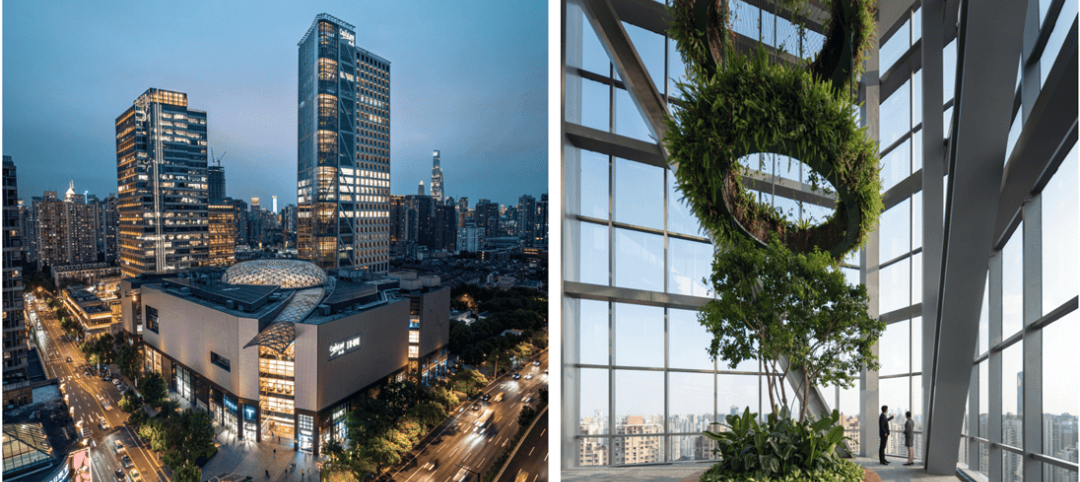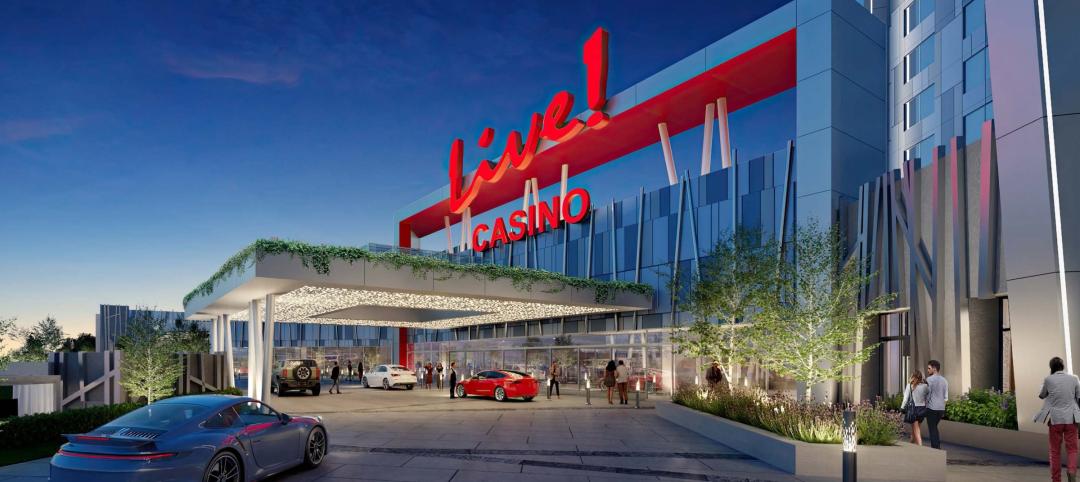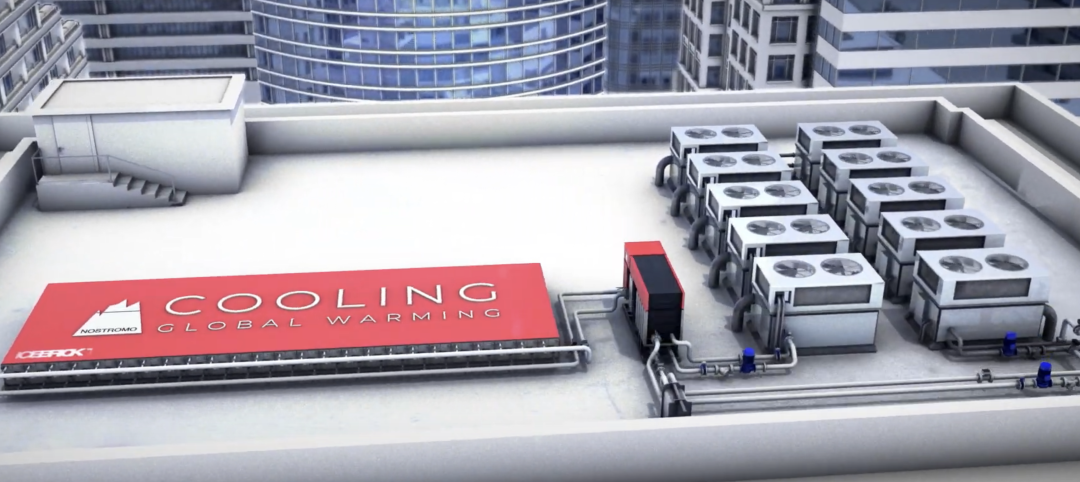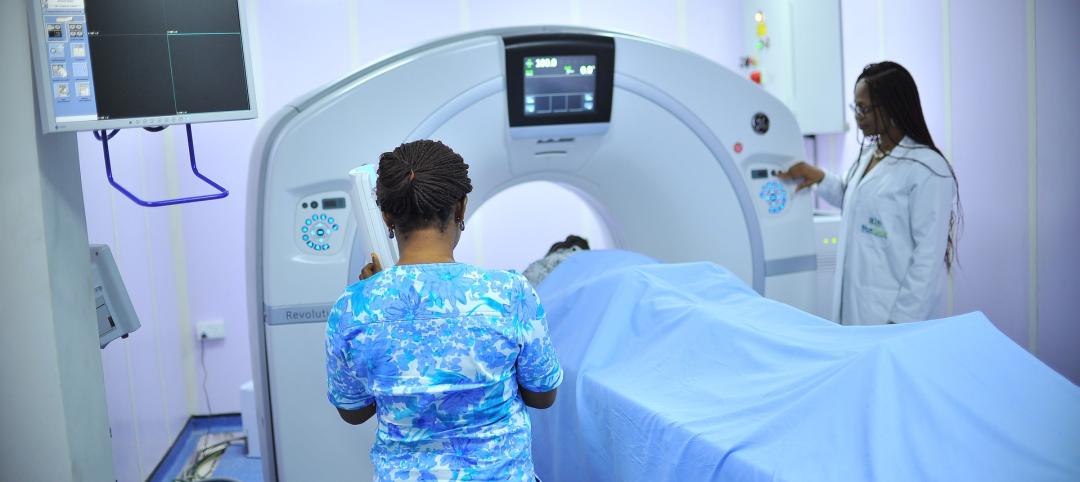As New York City begins its reopening phase from the more than year-long pandemic that sent office workers and companies scrambling to other states, suburbs and the outer boroughs, construction services firm Swinerton stakes its claim on the gold coast of the East with its first New York office in the company’s 133-year-old history. Located at 292 Madison Avenue, the new office will be managed by Andrew Pearl, life-long Yankees fan and former New Yorker, who returns to his roots from Swinerton’s California headquarters to head up the New York operation.
“Despite the uncertainty due to the pandemic that adversely impacted New York City, particularly in the office market sector, Swinerton sees opportunity in crisis,” says Eric Foster, CEO of Swinerton. “We build nationally and will connect with our long-standing clients to serve them best in one of the hardest hit areas of the country.”
Swinerton is not your typical construction services company. It not only brings to New York its 133-year-old legacy in building expertise, but also its self-perform capability in key trades such as drywall, concrete, doors/frames/hardware; with Timberlab, mass timber delivery and integration; SAK Builders Division 3 concrete services; Swinerton Renewable Energy; and Perq, a first-of-its kind product in collaboration with Walker Consultants that is an innovation to design, build, and deliver pre-designed and pre-engineered parking solutions in 13 months. It is betting on bringing its expertise and national reputation in building Affordable Housing, Aviation, Education, Corporate and Critical Facilities, Gaming, Healthcare, Hospitality, Interiors, Residential, Retail, Life Sciences, and Renewable Energy to New York as it builds back stronger and better. The company is currently working for Fortune 500 Corporate Services clients in Pennsylvania, Maryland, Washington D.C. and Virginia, and has already secured work in New York City.
“At Swinerton, we don’t see New York City at the end of its glory days in construction and real estate growth, and one would just need to look to Facebook’s 730,000-square-foot lease at Farley Post Office this summer as proof,” adds Andrew Pearl, Swinerton VP, Division Manager. “As others see a decline in urban centers, in a post-COVID climate, we are targeting corporate interiors as a sector presenting for change with many more hard-walled offices as opposed to open spaces. As people return to the city, the spaces in which they live, work, and learn will need to be re-configured.”
Swinerton has thrived and survived the test of time by emerging into a $5 billion national commercial construction company with great financial strength, national clients, project diversity, and a company culture that is proud of its 100% employee ownership. Many Swinerton buildings are on the National Register of Historic Places and architectural preservation lists. It currently has 20 offices in nine states across the country and is ranked #17 on the ENR 2021 list of top contractors in the country. The company adapted its construction strategies and pivoted to survive two World Wars, a Great Depression and a Great Recession, two global pandemics, as well as many crises and national disasters.
“Swinerton is staying true to its DNA by expanding the markets we explore and targeting opportunities to build in locations where our clients have needs,” adds David Callis, Swinerton President and COO. “We are a very hands-on company with a white glove approach to building and feel the need to answer the call to build back better and stronger in post-pandemic New York.”
The company, which was founded in 1888 as a masonry and contracting firm, put down roots by following the post-gold rush era in Los Angeles. When disaster struck San Francisco in 1906 and a major earthquake destroyed 28,000 structures, the only buildings left standing were built of concrete by Swinerton, making them the first to pioneer reinforced concrete as a building material to withstand the pressures of California earthquakes.
Swinerton has been a 100% employee-owned company since 1980 in which nearly 5000 employees, half of which represent the trade, share in the company’s profits and are thoroughly committed to its success. The Swinerton Foundation is a 501(c)(3) that helps build sustainable cities and neighborhoods by partnering with community-focused non-profit organizations to support health, social services, cultural, education, and environmental programs that benefit all members of the community.
“Being in the New York market has accelerated the company’s 15-year business plan to expand both geographically and through sector diversification,” concludes Andrew Pearl. “For now, we are bullish on office interiors as our target sector and fulfilling our East Coast expansion plan.”
Related Stories
Geothermal Technology | Jul 29, 2024
Rochester, Minn., plans extensive geothermal network
The city of Rochester, Minn., home of the famed Mayo Clinic, is going big on geothermal networks. The city is constructing Thermal Energy Networks (TENs) that consist of ambient pipe loops connecting multiple buildings and delivering thermal heating and cooling energy via water-source heat pumps.
High-rise Construction | Jul 29, 2024
Safdie Architects’ Shanghai office tower features glass-enclosed corner garden that ascends the 35-story structure
Safdie Architects has announced the completion of LuOne Mixed-Use Complex—a business, retail, and entertainment development in the Luwan district of Shanghai, China. The mixed-use complex consists of an eight-level retail galleria, which opened in 2018, and a 35-story office tower, which recently reached completion.
Casinos | Jul 26, 2024
New luxury resort casino will be regional draw for Shreveport, Louisiana area
Live! Casino & Hotel Louisiana, the first land-based casino in the Shreveport-Bossier market, recently topped off. The $270+ project will serve as a regional destination for world-class gaming, dining, entertainment, and hotel amenities.
Smart Buildings | Jul 25, 2024
A Swiss startup devises an intelligent photovoltaic façade that tracks and moves with the sun
Zurich Soft Robotics says Solskin can reduce building energy consumption by up to 80% while producing up to 40% more electricity than comparable façade systems.
Codes and Standards | Jul 25, 2024
GSA and DOE select technologies to evaluate for commercial building decarbonization
The General Services Administration and the U.S. Department of Energy have selected 17 innovative building technologies to evaluate in real-world settings throughout GSA’s real estate portfolio.
Great Solutions | Jul 23, 2024
41 Great Solutions for architects, engineers, and contractors
AI ChatBots, ambient computing, floating MRIs, low-carbon cement, sunshine on demand, next-generation top-down construction. These and 35 other innovations make up our 2024 Great Solutions Report, which highlights fresh ideas and innovations from leading architecture, engineering, and construction firms.
MFPRO+ News | Jul 22, 2024
Miami luxury condominium tower will have more than 50,000 sf of amenities
Continuum Club & Residences, a new 32-story luxury condominium tower in the coveted North Bay Village of Miami will feature more than 50,000 sf of indoor and outdoor amenities. The program includes a waterfront restaurant, dining terraces with resident privileges, and a private dining room outdoor pavilion.
Healthcare Facilities | Jul 22, 2024
5 healthcare building sector trends for 2024-2025
Interactive patient care systems and trauma-informed design are among two emerging trends in the U.S. healthcare building sector, according to BD+C's 2024 Healthcare Annual Report (free download; short registration required).
Office Buildings | Jul 22, 2024
U.S. commercial foreclosures increased 48% in June from last year
The commercial building sector continues to be under financial pressure as foreclosures nationwide increased 48% in June compared to June 2023, according to ATTOM, a real estate data analysis firm.
Codes and Standards | Jul 22, 2024
Tennessee developers can now hire their own building safety inspectors
A new law in Tennessee allows developers to hire their own building inspectors to check for environmental, safety, and construction violations. The law is intended to streamline the building process, particularly in rapidly growing communities.

















